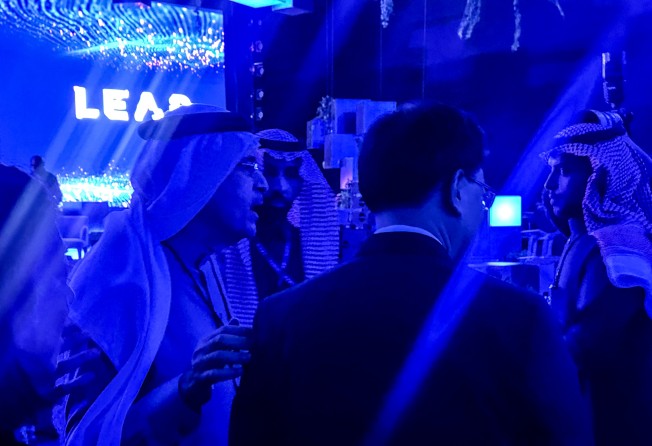
Hong Kong, Saudi Arabia sign 6 bilateral deals to forge closer economic ties, John Lee vows ‘new level of cooperation’
- Chief Executive John Lee seen meeting oil giant Aramco’s president and CEO Amin Nasser at flagship tech conference
- Lee leaves Saudi Arabia for Abu Dhabi, the second stop on his week-long Middle East trip

Hong Kong and Saudi Arabia have signed six bilateral agreements designed to forge closer ties between their stock exchanges, business associations and technology firms, and the city’s leader vowed the two economies were “entering a new level of cooperation”.
Chief Executive John Lee Ka-chiu on Monday was also seen by the Post meeting state oil giant Aramco’s president and CEO Amin Nasser at a flagship technology conference in the Saudi capital Riyadh.

But Lee stopped short of reporting substantial progress on his administration’s efforts to attract Aramco or its subsidiaries to consider a secondary listing in Hong Kong as he left the kingdom after a two-day stay for Abu Dhabi in the United Arab Emirates as his second stop on his week-long Middle East trip.
He said earlier that his itinerary did not include a visit to Aramco, the world’s largest oil company and headquartered in the eastern city of Dharan, a four-hour drive from Riyadh.
“We will be looking at all sorts of scales of developing relationships with enterprises including Aramco, of course … I will be telling them about different opportunities,” Lee said.
The four memorandums of understanding (MOU) and two letters of intent (LOI) were exchanged at an investment forum on Sunday night.
Among them were MOUs between Hong Kong Exchanges and Clearing (HKEX) and Saudi Tadawul Group Holding Company, as well as the Hong Kong General Chamber of Commerce (HKGCC) and Riyadh Chamber.
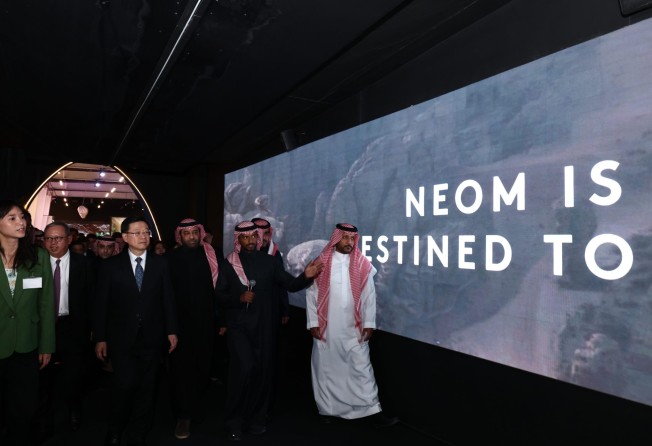
The two bourse operators would explore collaboration opportunities in fintech, cross listings and environmental, social and governance (ESG), HKEX said.
“This MOU brings us one step closer towards enabling cross listings and other areas of collaboration between Saudi Arabia and Hong Kong,” HKEX CEO Nicolas Aguzin, who was also in Riyadh, said.
“With global capital markets evolving, it is moreover important for us to work together to exchange information and align on best practice to elevate our capital markets and enhance the experience for issuers and investors alike.”
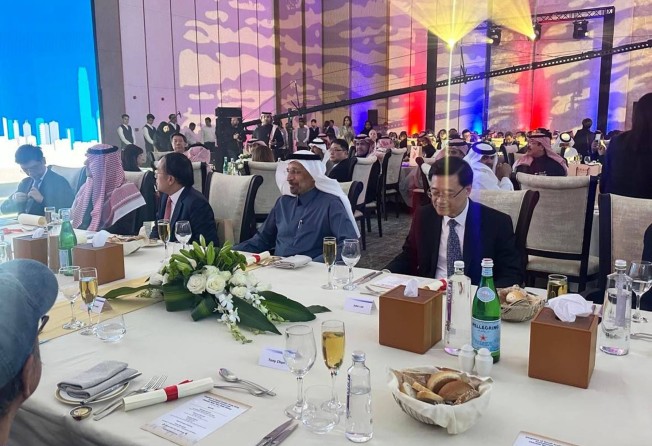
Hong Kong artificial intelligence (AI) start-up SenseTime also exchanged an MOU with King Abdullah Financial District and Sela, a cultural tourism event management company in Saudi Arabia, to deepen collaboration in areas such as smart city development.
It is understood that the deal also involved the design of AI curriculums for thousands of teachers and trainers in the kingdom and the application of AI in the government system in the new district.
The firm’s chairman and CEO, Xu Li, said: “SenseTime will integrate our leading artificial intelligence technology, years of customer service and project landing experience with local needs in Saudi Arabia.”
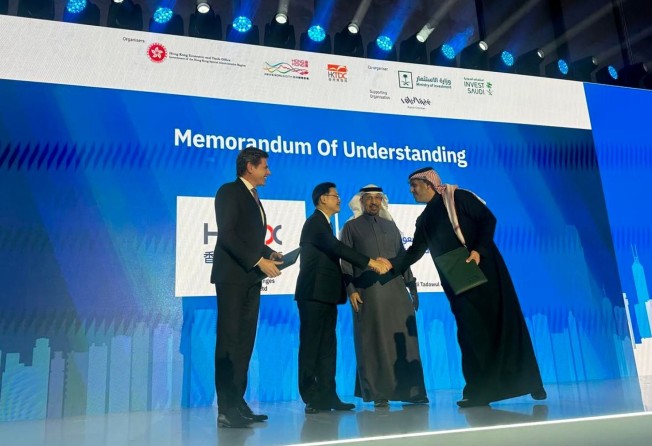
The United States imposed sanctions on the firm specialising in facial recognition in the past years, by first adding it to the government’s entity list and then banning US investment in the firm.
An insider at SenseTime said focusing more on the Middle East market was an inevitable long-term strategy widely applied by China-linked tech enterprises to diversify risks amid geopolitical tensions with the US.
Lee said earlier on Sunday said more MOUs would be announced soon to promote direct investment cooperation, which he added could “fast track business and investment collaboration”.
He said the Hong Kong Monetary Authority would lead a financial delegation to Saudi Arabia and other Middle East locations later this year to further explore cooperation opportunities.
He also revealed the Aramco Team Series, a Saudi Arabian-funded international golf tournament, would be held in Hong Kong for the first time in October.
Saudi minister of investment Khalid Al-Falih endorsed Hong Kong’s role “not only as a gateway to China, but also to Asia”. He highlighted financial services, banking and insurance as some areas of collaboration.
“Given the quality and scale of partnership … We are delighted that we are taking the next step to elevate our relationships,” the top official said.
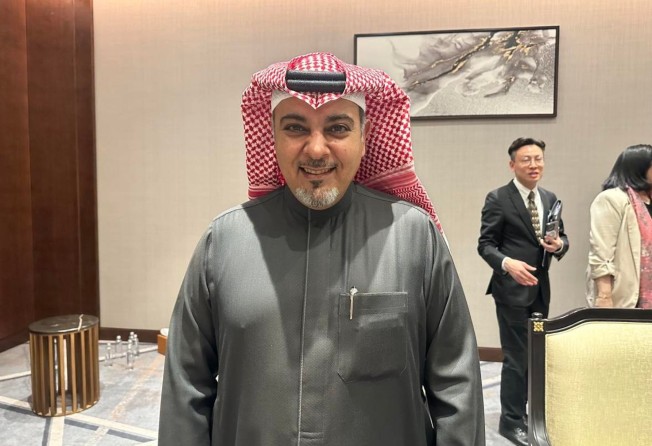
Riyadh Al-Zamil, an entrepreneur and founder of a consulting firm in the Saudi capital, said Hong Kong delegates were “very proactive” in forging ties with Middle East businesses. Compared with Singapore, he said, Hong Kong had advantages in advancing family capital businesses.
“Family offices here want to have closer eyes on where opportunities are. We have never found a place better than Hong Kong due to its proximity to mainland China,” said Al-Zamil, also a board member of the Riyadh Chamber of Commerce.
In Saudi Arabia, foreign direct investment inflows increased by 10.7 per cent in the third quarter last year on an annual basis. In the same period, around 928 investment licences were issued, an increase of 8.8 per cent.
Real gross domestic product registered a growth of 8.8 per cent in the third quarter last year. The rise was attributed to a surge in oil activities of 14.2 per cent and an increase in non-oil activities of 6 per cent.